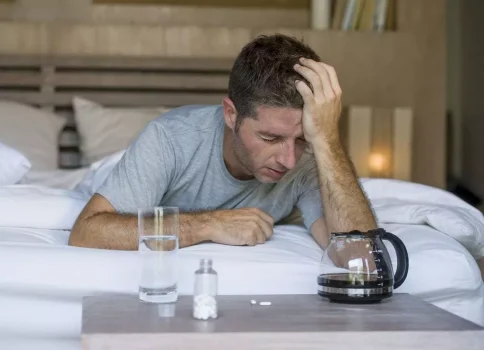
When choosing a sobriety group, it’s best to consider the specific needs you are looking to address. While Loosid and Club Soda are more geared toward socializing, LifeRing and Alcoholics Anonymous (AA) are focused on recovery. The cost for sobriety support groups ranges from free up to hundreds of dollars, depending on the program. Those with one-on-one components or structured coaching aspects will generally cost more, whereas groups that meet in-person and are led by former addiction sufferers tend to be free (with suggested donations).
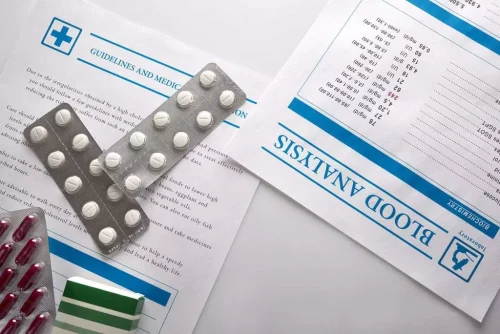
What Drinking as a Teenager Does to Their Brain
Most of the clients are low income and many have history of being homeless at some point in their lives. Because a large number do not have a stable living environment that supports abstinence from alcohol and drugs, ORS developed SLHs where clients can live while they attend the outpatient program. The houses are different from freestanding SLHs, such as those at CSTL, because all residents must be involved in the outpatient program.
Compare The Best Online Sobriety Support Groups
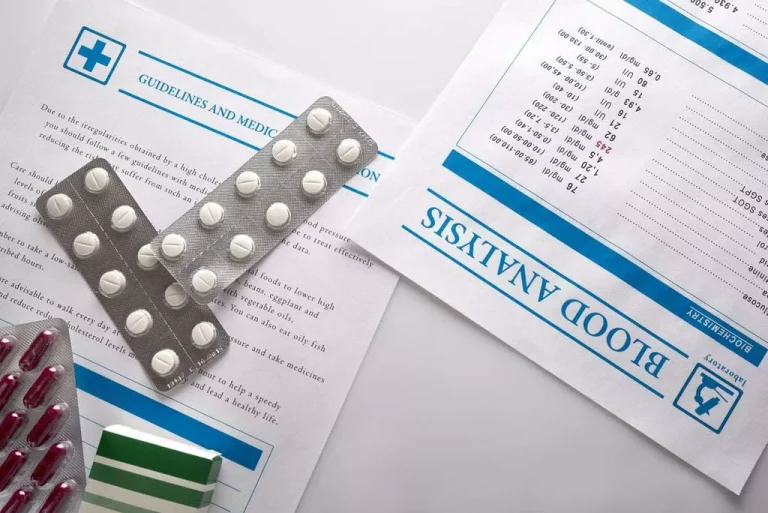
A sobriety support group might be right for you if you are seeking a connection with others who are also looking to maintain sobriety, as well as resources specific to the addiction recovery process. While members may also attend different groups or follow other sobriety teachings, some people come to LifeRing after finding that other programs did not work for them. LifeRing focuses on the present day rather than the past and promotes the idea that what will work for each person is unique. For personal support systems, it may be a good idea to spend a little time thinking about the people in your life whom you trust as a source of support. Opening up and asking for support from loved ones may feel challenging or unsafe due to shame and social stigma. But connecting with an understanding, compassionate community can make a positive impact on recovery and long-term sobriety.
- The houses are different from freestanding SLHs, such as those at CSTL, because all residents must be involved in the outpatient program.
- This year, he launched the Clean Fun Network, a place where sober people can connect, make plans to meet, and sign up for trips to places like Costa Rica and Yellowstone.
- Our work on identifying and describing these residents with worse outcome is continuing.
- Taking it one step at a time can help you focus on finding the right support system for your recovery process and sobriety.
Is there an app to meet sober friends?
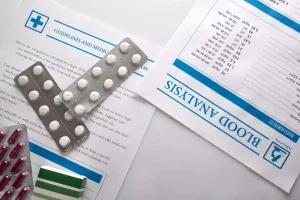
Founded in the 1930s, AA is a peer-to-peer fellowship that encourages recovery from alcohol use disorder via a structured, spiritually focused 12-step process. When it comes to support systems specifically designed for those in recovery, there are several types and options to explore. According to a 2010 article published by the American Psychiatric Association, research indicates that substance use — among other health habits — may “spread” through social networks. However, some people may have been encouraged to use substances by the people around them, including friends and family. Having a substance use disorder and starting recovery might feel isolating, which may affect your relationships with family and friends. If you’re a gray area drinker, you might drink socially on a very regular basis, but you don’t think you need a detox program or AA to cease drinking.
Characteristics of Sober Living Houses
Each meeting begins with introductions and statements of affirmation. Each participant is encouraged to share their successes and focus on accepting themselves as they are and their personal progress. sober network For example, there are substance-specific groups — like alcohol recovery support groups — or groups for people at different stages of substance use — like sobriety support groups or recovery support groups. Still, recovery from alcohol and substance use disorders is possible, especially if you have a good support system.
- It may take time and effort to find the support group that serves your needs best.
- Although criminal justice referred residents had alcohol and drug use outcomes that were similar to other residents, they had a harder time finding and keeping work and had higher rearrest rates.
- For some those offenders who are motivated for abstinence and capable of handling some degree of autonomy SLHs might be a viable and effective option for recovery that is currently underutilized.
- Check out Loosid’s Marketplace, helping you find discounts on resources to rebuild your life.
- You may be able to set yourself up for success by surrounding yourself with people who have a positive impact on you.
Assessing the Impact of the Community Context
Even if you’re not interested in the spiritual aspect of AA, there are several secular options that use a similar methodology. The Big Book app, while not an official Alcoholics Anonymous product, can help bring the message of AA to people on the go. Despite the enormous need for housing among the offender population, SLHs have been largely overlooked as a housing option for them (Polcin, 2006c). This is particularly concerning because our analysis of criminal justice offenders in SLHs showed alcohol and drug outcomes that were similar to residents who entered the houses voluntarily.
Some residents probably benefit from the mandate that they attend outpatient treatment during the day and comply with a curfew in the evening. For some individuals, the limited structure offered by freestanding SLHs could invite association with substance using friends and family and thus precipitate relapse. This could be particularly problematic in poor communities where residents have easy access to substances and people who use them. Second is to expand on these findings by considering potential implications of our research for inpatient and outpatient treatment and for criminal justice systems. We also describe plans to conduct studies of resident subgroups, such as individuals referred from the criminal justice system.
You can utilize the same social media strategy mentioned previously to gauge interest in a monthly meet-up around a shared activity in your area. But it becomes a little easier if you can connect with people over shared interests that don’t inherently involve drinking. You can search by topic and find a sober social group in your area or even a niche social group that just sounds fun to you and isn’t going to be centered around drinking. If you’re unfamiliar with Meetup, it’s an online platform that facilitates “meetups” for people across an infinite range of interests. However, silent donations are collected at all meetings, and the suggested amount is about $2 to $5.
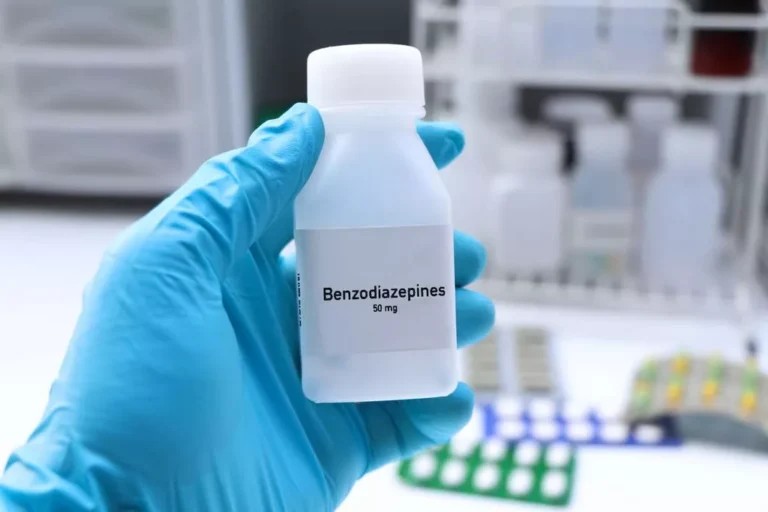
A $2–$5 silent donation is encouraged if participants are able to give one. If you feel that you need additional help, organizations like Recovery Centers of America (RCA) offer treatment, medically managed intensive inpatient treatment, and rehabilitation. If you choose to attend the meeting, you won’t be expected to talk unless you want to. Another feature of the app is a “burning desire” button that you can press to notify your group that you are having a difficult time and are thinking about drinking or using again soon. There is also a newsfeed option to share inspirational quotes, messages, or your own personal story with the community.
How support systems can help
Meetings focus on healing in the present and don’t focus on someone’s difficult past. There is no requirement to introduce yourself as an “addict” like with some other support groups, and attendees typically talk about the week they just had. Alcoholics Anonymous is available nationwide with support groups in all 50 states. In addition to a geographical group locator on its website, AA has added a phone app that makes it even easier to find support groups and resources right from your phone.
